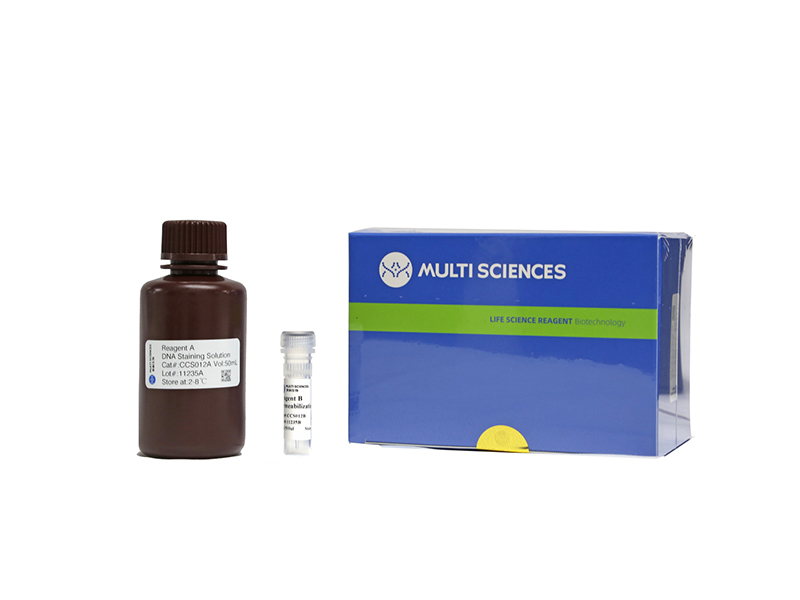Hepatocellular carcinoma (HCC) is rapidly becoming one of the most prevalent cancers worldwide and is a prominent source of mortality. Ras-related associated with diabetes (RRAD), one of the first members of the 35-39 kDa class of novel Ras-related GTPases, is linked to several types of cancer, although its function in HCC remains unclear. In this study, we observed that RRAD was downregulated in HCC compared with adjacent normal tissues. This change was associated with a poor prognosis. Furthermore, knockdown of RRAD in SK-Hep-1 cells facilitated cell proliferation, accelerated the G1/S transition during the cell cycle, induced cell migration, and reduced apoptosis. In contrast, overexpression of RRAD in Huh7 cells had the opposite effects. Moreover, we demonstrated that RRAD induced cell proliferation through regulation of the cell cycle by downregulating cyclins and cyclin-dependent kinases. RRAD induced tumor cell apoptosis through the mitochondrial apoptosis pathway. In addition, we confirmed that knockdown of RRAD promoted aerobic glycolysis by upregulating glucose transporter 1, whereas overexpression of RRAD inhibited aerobic glycolysis. In conclusion, RRAD plays a pivotal role as a potential tumor suppressor in HCC. An improved understanding of the roles of RRAD in tumor metabolism may provide insights into its potential as a novel molecular target in HCC therapy.
文章引用产品
-
-
- CCS012
- 周期试剂盒
Cell Cycle Staining Kit 细胞周期检测试剂盒
-
¥390.00
-
- CCS012
- 周期试剂盒
Cell Cycle Staining Kit 细胞周期检测试剂盒
- ¥390.00



